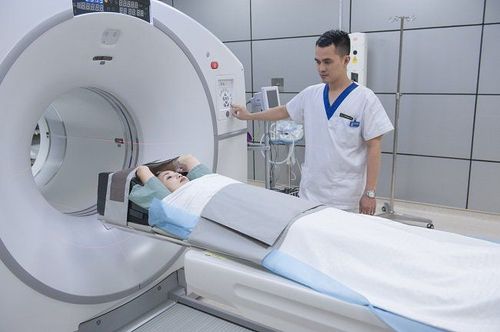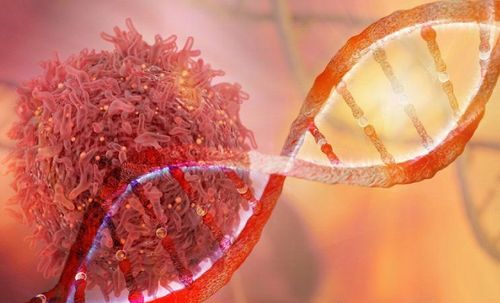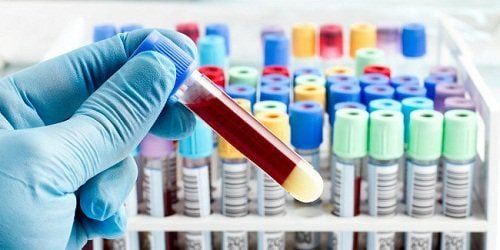This is an automatically translated article.
It is very important to share your family's health history with your healthcare provider. This is especially important if you have been diagnosed with cancer.1. What is hereditary cancer?
Hereditary cancer means that a person is born with a genetic mutation or change that makes the person more susceptible to cancer than usual. Gene mutations can be passed on from either parent or from both. Hereditary cancers may also be called familial cancers.About 5%-20% of cancer patients are hereditary. This is a relatively small percentage of cancers, so how can you tell if cancer runs in your own family? Here are some signs to look out for:
How many people in your family have had cancer, especially when they were diagnosed at a young age. Having a family member with multiple tumors, especially tumors in the same organ in the body.
Trắc nghiệm: Thử hiểu biết của bạn về bệnh ung thư
Ung thư là nguyên nhân gây tử vong hàng thứ 2 trên thế giới. Thử sức cùng bài trắc nghiệm sau đây sẽ giúp bạn có thêm kiến thức về yếu tố nguy cơ cũng như cách phòng ngừa bệnh ung thư.
Bài dịch từ: webmd.com
2. Genetic testing for cancer
Hereditary cancers are detected through genetic testing. This is an analysis of an object's genes, chromosomes, or proteins. Genetic testing helps:Predict disease risk Identify carriers. This is someone who does not have the disease but has the disease gene Diagnose the disease Find out the high-risk history of a certain disease Genetic testing is done by taking a sample of blood or tissue that contains genetic material such as the inner cells of a certain object. More than 900 genetic tests are available for a variety of diseases including breast, ovarian, colon, thyroid, and other cancers.
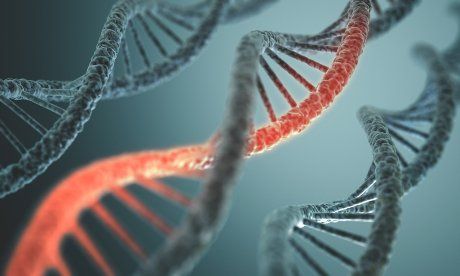
3. What does the family history of cancer say?
Information about your family history of cancer helps your doctor determine:You or a family member may benefit from genetic counseling. You or a close family member may benefit from genetic testing. You need more intensive care and monitoring of subjects who may have cancer without genetic factors even if you do not have genetic testing..
4. What information to collect when there is a family history of cancer
The doctor needs information about the cancer of your family members: parents, children and siblings, grandparents, aunts, uncles, grandchildren, siblings. For subjects with cancer, the more information is collected, the better:Cancer type Age Genetic factors on the mother's or father's side Ethnicity (eg, people of Jewish ancestry are at increased risk of developing cancer). certain cancers) Previous cancer-related genetic test results Some family members may feel uncomfortable talking about health problems. Try to find a good time to talk.
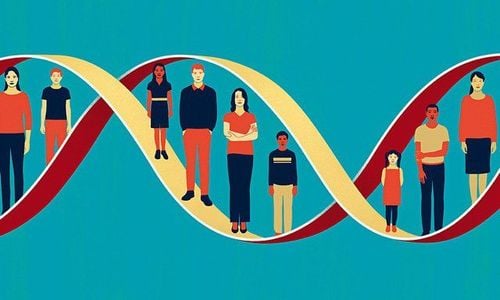
5. When should your family history of cancer be shared with your doctor?
Give your family cancer history to your doctor soon after being diagnosed and before you start treatment. This is also important so that your doctor can know any new information about the health of your family member. Thanks to advances in medicine, doctors can evaluate and make a prognosis about your family's disease. Especially after your first phase of treatment.Discovering a mutated gene that can offer a chance to reduce the likelihood of cancer through genetic screening or other measures such as following a healthy lifestyle, paying attention to nutrition, foods that can inhibit cancer cancer cells.
Currently, Vinmec International General Hospital is the first medical facility in Vietnam capable of implementing cancer screening by combining 4 technologies: genetic testing, endoscopy, ultrasound and laboratory testing. immunity. In particular, cancer screening with genetic technology is a method that is considered a breakthrough in medicine.
Early screening is considered the "golden key" to detect and provide prevention methods, reduce the risk of death and costs for patients. Due to late detection (70% of patients are treated when they are at the end stage), the death rate from cancer in Vietnam is very high.
To learn more about screening methods and reduce the risk of developing hereditary cancer, you can contact Vinmec Health System nationwide, or register online HERE.
References: Cancer.net
MORE:
Testing for genetic mutations in the BRCA gene - How to reduce cancer risk? Hereditary cancer: Early screening is the 'golden key' to escape death What you need to know about hereditary breast and ovarian cancer Genetic testing to assess cancer risk






